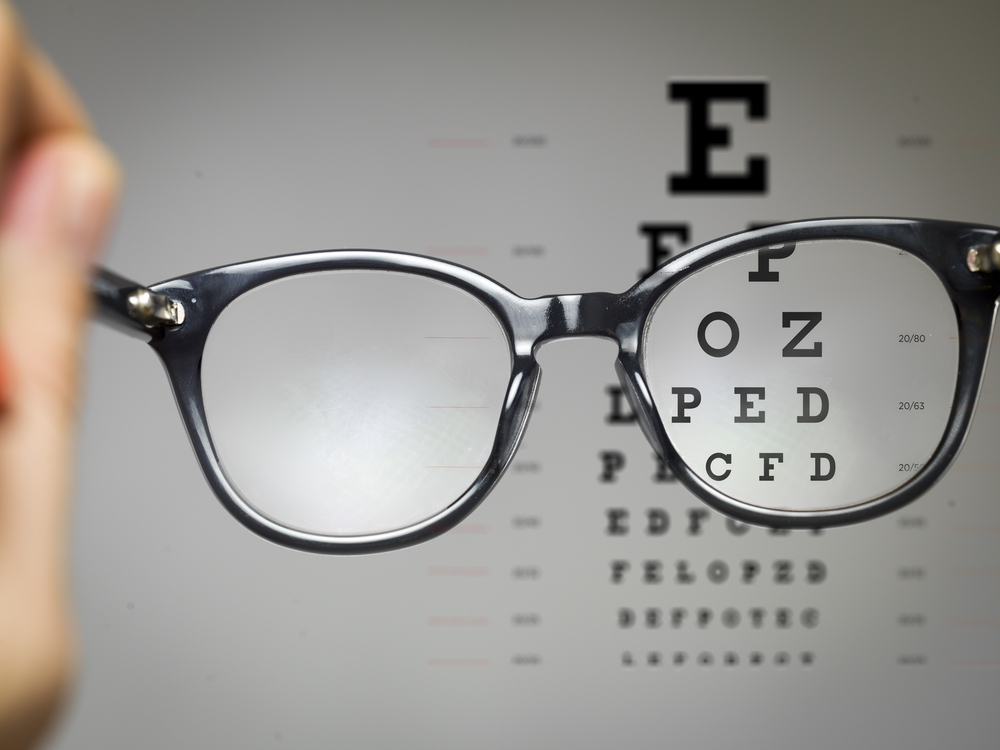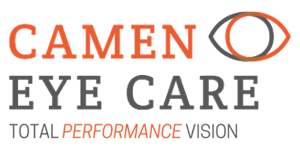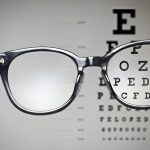20% Discount on Eye Exams (not to be combined with Insurance)

Difference between an eye exam and vision screening
A vision screening is a basic test that is used to evaluate visual acuity and identify any glaring issues with eyesight. These screenings can be performed by a school nurse, pediatrician, or other healthcare provider who is not necessarily trained in eye care. During a vision screening, patients are asked to read letters on a chart from a distance of 20 feet. If the patient cannot read the letters correctly, further evaluation may be recommended.
While vision screenings can be useful in identifying potential vision problems, they are not comprehensive and can miss more complex issues that can be identified through a comprehensive eye exam. Comprehensive eye exams are performed by optometrists or ophthalmologists who are trained to identify and treat a range of eye conditions and diseases.
During a comprehensive eye exam, the optometrist will perform a series of tests that evaluate the patient’s visual acuity, as well as the health of their eyes. This can include tests for glaucoma, cataracts, macular degeneration, and other common eye conditions. In addition, the optometrist may dilate the patient’s eyes to get a better look at the structures inside the eye, such as the retina and optic nerve.
Comprehensive eye exams are more thorough than vision screenings and can provide a more accurate picture of a patient’s eye health. This is especially important for individuals with a history of eye disease or conditions, such as diabetes, that can affect eye health.
It’s also important to note that comprehensive eye exams are not just for those with known eye conditions or vision problems. Even individuals with 20/20 vision can benefit from regular eye exams. In fact, the American Optometric Association recommends that individuals between the ages of 18 and 60 have a comprehensive eye exam every two years, while those over 60 should have an exam every year.
In addition to identifying potential vision problems, regular eye exams can also help prevent eye diseases and conditions from progressing. For example, early detection of glaucoma can prevent vision loss, and early detection of cataracts can lead to better surgical outcomes.
While both vision screenings and comprehensive eye exams serve the purpose of evaluating vision, they are not the same. Vision screenings are a basic test that can identify potential issues with eyesight, while comprehensive eye exams are more thorough and can identify a range of eye conditions and diseases. As an optometrist, it’s important to educate your patients about the importance of regular eye exams and the difference between a screening and a comprehensive exam. By doing so, you can help your patients maintain optimal eye health and prevent vision loss.

Dr. Jesse Camen
Featured On:







